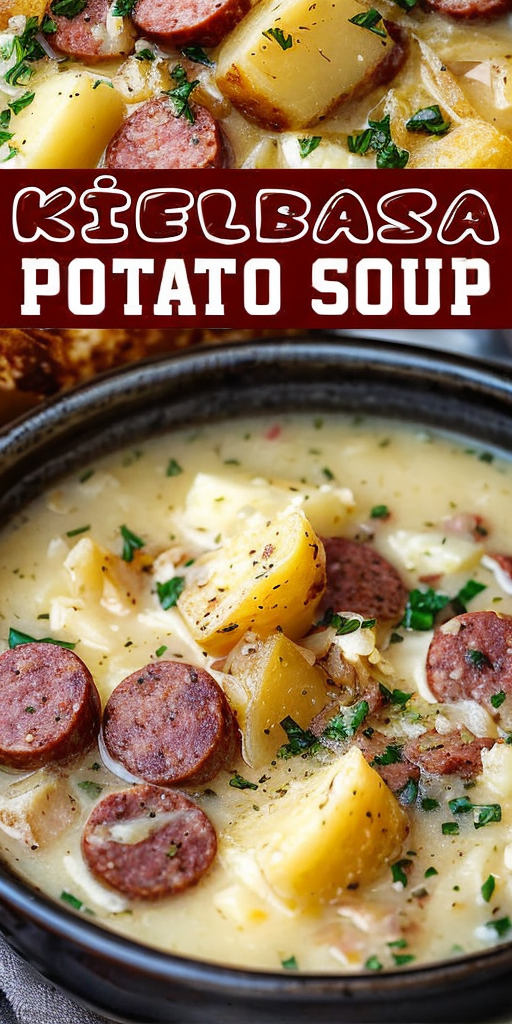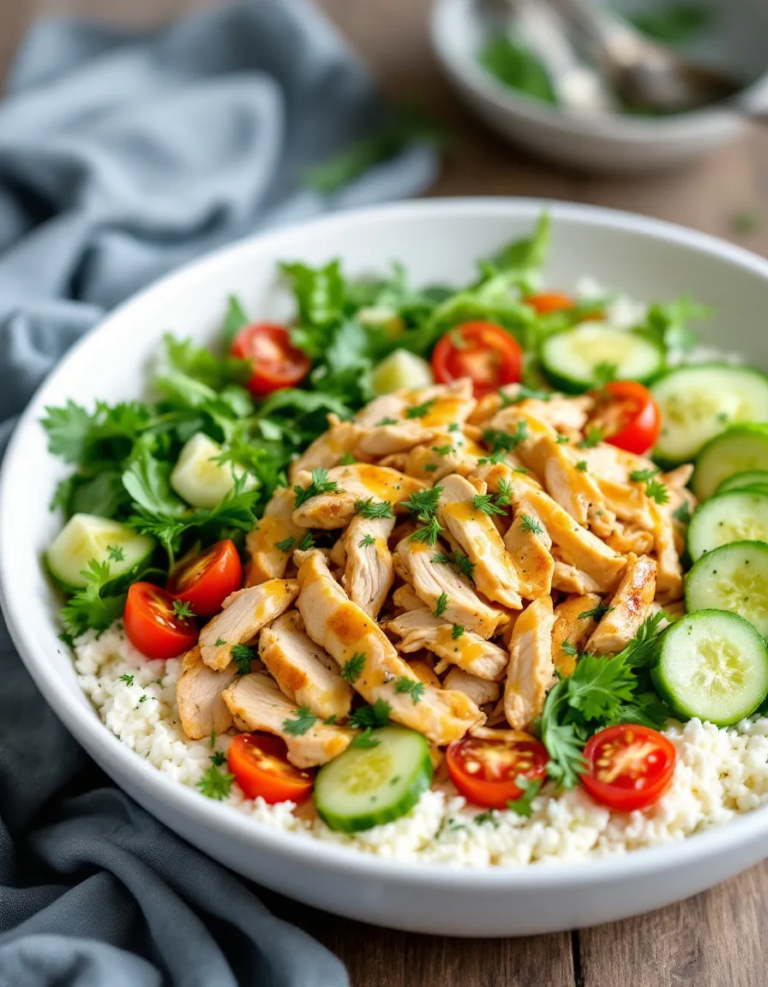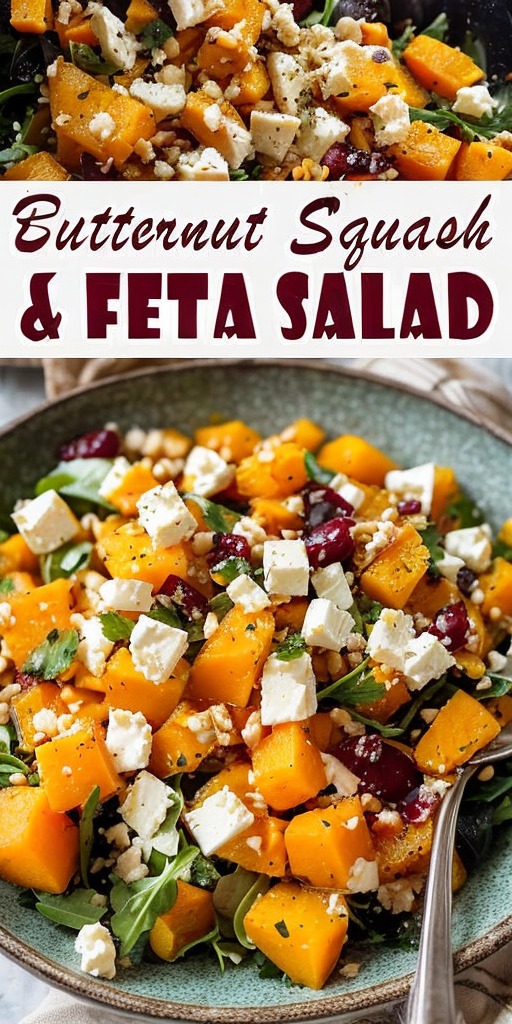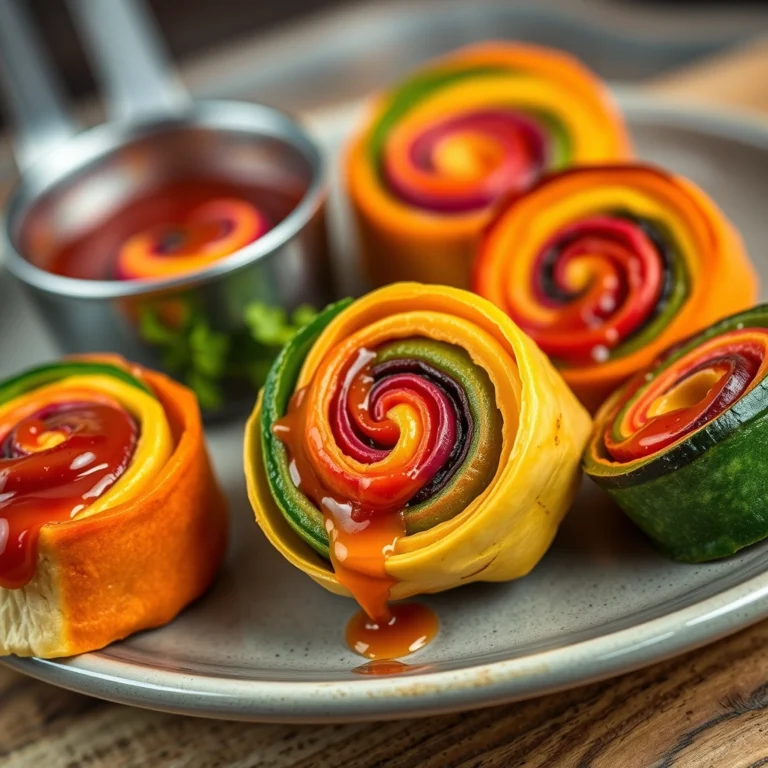Classic Philly Cheesesteak Sandwich Recipe – Ready in 30 Minutes
Philly Cheesesteak Sandwich: Authentic Taste of Philadelphia
Bite into the ultimate classic meal with our Philly Cheesesteak Sandwich recipe. This authentic creation captures the essence of Philadelphia’s culinary heart right in your kitchen. Savory and juicy, this sandwich brings together thinly sliced beef, melted cheese, and sautéed onions nestled into a fresh hoagie roll, capturing the true spirit and flavor of the legendary East Coast eatery favorite. Ideal for lunch or dinner, this Philly Cheesesteak recipe is a crowd-pleaser that impresses with its rich textures and satisfying taste.
Quick Recipe Highlights
- Flavor Profile: The Philly Cheesesteak combines rich, beefy flavors with the creamy goodness of melted cheese and the subtle sweetness of sautéed onions.
- Texture: Experience a delightful contrast between tender beef slices, gooey cheese, and the crunchy crust of a hoagie roll.
- Aroma: A nose-tingling scent of sizzling beef, onions, and cheese makes this dish irresistible from the first whiff to the last bite.
- Visual Appeal: Golden brown onions, a melty cheese top, and succulent beef make it as visually appealing as it is palate pleasing.
- Skill Level Needed: Some basic kitchen skills in slicing and sautéing will suffice, making this a wonderful recipe for both beginners and seasoned cooks.
- Special Equipment: A quality griddle or a large skillet, plus a sharp knife for thin slicing, are crucial to achieving perfect results.
Recipe Overview
- Difficulty Level: Medium – Beginners can master this with a little patience, while experienced cooks will appreciate the balance of simplicity and taste.
- Category: A hearty entrée, perfect for lunch or dinner.
- Cuisine: Rooted deeply in American culinary tradition with influences from Italian immigrants in Philadelphia.
- Cost: Affordable, primarily grassroots ingredients with beef as the priciest component.
- Season: Enjoyable year-round, though especially comforting in fall and winter.
- Occasion: Great for casual gatherings, game day snacks, or a family weeknight dinner.
Why You’ll Love This Recipe
The Philly Cheesesteak Sandwich combines robust flavors and textures that genuinely satisfy any meat-and-cheese lover. Enjoy the convenience of a quick prep time, rendering this an excellent choice for busy weeknights or impromptu gatherings. Nutritionally, it’s a balanced meal that, while indulgent, also offers ample protein and iron from the beef. Socially, it’s a classic favorite that brings a communal atmosphere to any table, encouraging sharing and enjoyment. Furthermore, being budget-friendly, the ingredients are widely available and often inexpensive, making it accessible to all.
Historical Background and Cultural Significance
The Philly Cheesesteak Sandwich originates from Philadelphia, created in the 1930s by Pat and Harry Olivieri. Initially sold at a hot dog stand, the combination of sliced beef and onions in a roll quickly gained popularity, leading to the establishment of Pat’s King of Steaks, still operational today. Culturally, it’s a symbol of Philadelphia’s vibrant street food scene, reflecting its diverse immigrant influences. Over the decades, it has evolved, adapting to various culinary styles yet maintaining its core essence. The Philly Cheesesteak is a culinary icon that represents the spirit and resilience of Philadelphia.
Ingredient Deep Dive
Beef: Traditionally, ribeye steak is preferred for its tenderness and flavor. It scores high in iron and protein and should be thinly sliced against the grain for optimal texture. When selecting, look for marbling for the best flavor and store wrapped tightly in the refrigerator. Provolone Cheese: Adds a mild yet distinct flavor that perfectly complements the beef. It’s an excellent source of calcium. Selecting a sharp variety enhances the sandwich’s taste; store it wrapped in parchment to keep it fresh and prevent moisture.
Common Mistakes to Avoid
- Using the wrong cut of beef: Avoid tough cuts; ribeye or sirloin are best.
- Overcooking the meat: Cook on high heat briefly to avoid drying out.
- Skipping the cheese melt step: Fully melt cheese on top for creamy texture.
- Incorrect slicing: Always slice against the grain for tenderness.
- Using stale bread: Opt for fresh or slightly toasted hoagies.
- Insufficient seasoning: Season beef during cooking for depth of flavor.
- Neglecting onions: They should be well sautéed until caramelized.
- Cheese placement: Place cheese directly on hot meat for proper melt.
Essential Techniques
The key to a great Philly Cheesesteak is in the slicing of the beef. Using a sharp knife, slice the beef as thin as possible against the grain, which ensures tender bites. Also, mastering the art of sautéing onions to a light caramelization enhances sweetness without overpowering. Combine these techniques successfully to avoid tough or bland outcomes.
Pro Tips for Perfect Philly Cheesesteak
Rest your beef in the freezer for 15 minutes for easier slicing. Use a griddle or heavy skillet for even cooking. Don’t overcrowd the pan to prevent steaming. Cheese should be added at the last minute for proper melting. Butter hoagies before toasting for added flavor. Garnish with pickled peppers for a tangy contrast. Serve hot for the best texture experience.
Variations and Adaptations
You can regionalize your Cheesesteak by adding ingredients like mushrooms or bell peppers, which some Philadelphians swear by. Adapt to seasons with fresh, in-season produce, or consider dietary needs by using gluten-free or low-carb breads. Flavor variations may include using sharp cheddar for a twist or spicy jalapeños for heat. Vegans could substitute plant-based meats and cheeses for a vegan adaptation.
Serving and Presentation Guide
For a classic presentation, serve the Philly Cheesesteak in its traditional form with the fillings exposed for effect. Accompanying with coleslaw or potato chips suits casual dining. Modern twists could involve open-faced servings or sliders for portions. Ensure the sandwich is warm at serving with the cheese nicely melted for the best impression.
Wine and Beverage Pairing
Pairing with a medium-bodied red wine, such as Merlot, complements the beef’s richness. Non-alcoholic options like iced tea or cola refresh the palate. If coffee or tea are more appealing, a bold brew like a black tea matches well. Always serve chilled for drinks to contrast the warmth of the sandwich.
Storage and Shelf Life
Store leftover Cheesesteak components separately to maintain texture. Keep beef sealed in an airtight container at 4°C (39°F) for up to three days. Bread may dry, so wrap it tightly in foil. Reheat beef gently in a skillet to avoid overcooking, and don’t forget to refresh the bread with a quick toast or steam.
Make Ahead Strategies
Pre-slice and marinade beef a day ahead for enhanced flavor without rushing. Onions can be pre-sautéed and stored; simply reheat when assembling. Avoid full assembly ahead of time to prevent sogginess. Reheat beef quickly to preserve juiciness, and add fresh components, like lettuce, just before serving.
Scaling Instructions
To halve, simply adjust ingredient quantities, keeping an eye on thin slicing for even cooking. Doubling may require batch cooking to avoid crowding the skillet. Ensure you have ample kitchen equipment, such as extra skillets or a larger griddle. Modify timing slightly with more components in play, especially if using convection heat.
Nutritional Deep Dive
Philly Cheesesteak sandwiches offer a substantial amount of protein and iron, crucial for muscle function and vitality. While indulgent, they also deliver calcium from the cheese, helping in bone health. To manage weight, consider portion sizes and opt for baked rather than fried accompaniments. Analyze macronutrient content to balance your meals accordingly.
Dietary Adaptations
For gluten-free adaptation, select a suitable bread option or lettuce wrap. Dairy-free seekers could use vegan cheese alternatives. To render it low-carb or keto, minimize bread or choose approved substitutes. Low-FODMAP options involve substituting onion with chives or avoiding completely. Vegans can employ mushroom or jackfruit for the meat and dairy-free cheese.
The Recipe
Classic Philly Cheesesteak Sandwich
Serves: 4
Prep Time: 20 mins
Cook Time: 15 mins
Total Time: 35 mins
Kitchen Equipment Needed
- Griddle or large skillet
- Sharp knife
- Cutting board
- Spatula
Ingredients
- 1 lb ribeye steak, thinly sliced
- 4 hoagie rolls
- 1 large onion, sliced
- 8 slices provolone cheese
- Salt and pepper to taste
- 1 tbsp oil
Directions
- Preheat your griddle or skillet over medium-high heat.
- Heat oil and sauté onions until caramelized, about 5-7 minutes. Remove and set aside.
- Season the beef slices lightly with salt and pepper.
- Cook beef strips on the griddle for 2-3 minutes until browned.
- Divide beef into four portions on the griddle, place onions on top, and cover with cheese to melt.
- Slice hoagie rolls and toast if desired.
- Place each cheesy beef and onion mixture into a roll.
- Serve immediately for best flavor and texture.
Recipe Notes
- Freeze beef slightly for easier slicing.
- Mushrooms and peppers can be added as variations.
- Vegan cheese can replace provolone for dietary needs.
Troubleshooting Guide
If your Cheesesteak comes out overly chewy, ensure beef slices were cut against the grain. Bland steaks likely missed adequate seasoning during cooking; season well pre and post-cooking. When cheese fails to melt, apply a heat-resistant cover to the griddle briefly. For wet rolls, ensure beef is drained of excess liquid before stuffing. Proper equipment, like a well-heated griddle, ensures even cooking, while timing shortcuts, like reducing chill times, might cause preparation issues.
Recipe Success Stories
Readers consistently report success adding mushrooms and peppers for personal twists while others have adapted to gluten-free breads satisfactorily. Fans have discovered innovative presentation styles, such as mini sliders for gatherings. Sharing via social media often reveals delightful photography tips shared by community members, enlightening others. Enthusiasts have praised how unexpected garnishes like crispy fried onions add texture pops.
Frequently Asked Questions
Can I use a different cheese? Certainly, while provolone is the classic choice, feel free to experiment with American or cheddar for varied flavors.
Is ribeye necessary? Ribeye is preferred for its tenderness but alternative cuts like sirloin can work with different textures.
How do I keep my sandwich warm? Wrap sandwiches in foil if holding for a short period or cover loosely with a clean cloth.
Can these be made ahead? Only components should be prepped ahead; full assembly right before serving avoids sogginess.
What makes the bread so important? Fresh, good-quality bread retains texture and holds fillings without breaking.
Can I grill the sandwich? Yes, grilling the completed sandwich adds crisp and melds flavors beautifully.
Are there low-fat options? Choose leaner beef cuts and use less cheese, balancing health with taste.
How to slice beef thinly? Chill before slicing and employ a very sharp knife for ease.
Alternative to griddle? A heavy cast-iron skillet effectively replicates griddle benefits.
Can it be frozen? Fully assembled versions freeze poorly; refrigerate driven components separately for brief storage.
Is the classic recipe adaptable? Naturally, alterations welcome for varied tastes and dietary needs without sacrificing integrity.
Favorite side dishes? French fries, onion rings, and simple salads complement superbly for a complete meal.
Additional Resources
Cuisine fans may explore similar varieties, such as New York’s Reuben sandwiches or Chicago’s Italian beef. Techniques of beef marination and thin-slicing offer useful crossover skills. Understanding regional bread options transforms the experience, while seasonal vegetable variations inspire creativity in every sandwich. Proper griddle care ensures longevity, enhancing future cooking endeavors.
Join the Conversation
Share your Philly Cheesesteak experiences on social media with the #PhillyCheesesteakCraze. Tips for styling and snapping perfect photos add another layer of enjoyment, bringing the community further together in culinary discovery. Review recipes online, participate in forums, and share your own tasty adaptations to encourage and inspire fellow cooks around the world.







